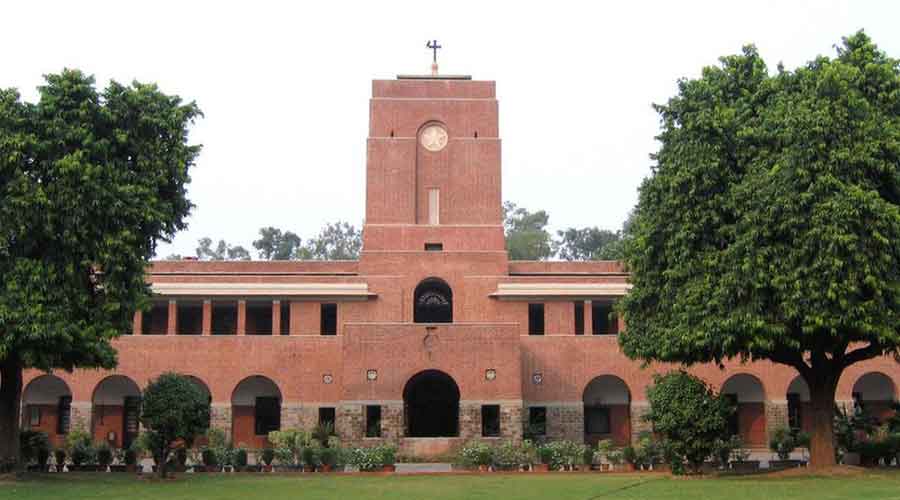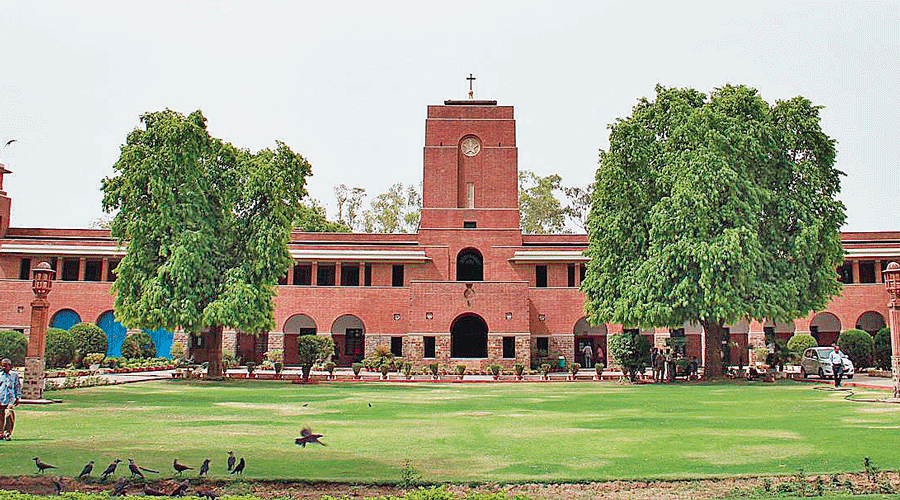The Supreme Court on Wednesday refused to stay a Delhi High Court order that directed St. Stephen’s College, a minority institution, to admit non-minority students on the sole basis of marks obtained in the Common University Entrance Test (CUET) and not through interviews.
The court did not accept immediately the college’s contention that almost all reputable institutions across the world follow an interview-based admission policy.
Following the Supreme Court’s refusal to grant the interim relief, St. Stephen’s took down from its website the prospectus which was at the centre of a discord between the college and its governing entity, Delhi University (DU).
“We find no reason to stay the operation of the judgment. Application for interim relief is dismissed,” a bench of Justices Ajay Rastogi and C.T. Ravi Kumar said in an order.
The special leave petition filed by the college has been posted for further hearing in March next year when the court will examine the DU policy vis-à-vis minority institutions.
St. Stephen’s had sought an interim stay on the September 12 order of the high court. That order had directed the institution to adhere to the DU policy that relies only on CUET scores for admitting non-minority candidates.
But St. Stephen’s now-dropped prospectus had said 85 per cent weightage would be given to the CUET score and 15 per cent to the interview for admitting non-minority candidates. The college reserves 50 per cent seats for Christians.
When the matter reached the high court, it upheld the DU contention that no exception can be made for St. Stephen’s as uniformity of the admission process had to be ensured. Aggrieved, the college had moved the apex court.
During the hearing on Wednesday, solicitor-general Tushar Mehta, appearing for DU, contended that if the St. Stephen’s plea was allowed, there would be a barrage of similar applications by other minority institutions. “No other minority college has questioned the policy but they will now do it,” Mehta said.
The bench remarked: “Let there be one standard for everyone. If uniformity is now being brought in, what is the relevance of interviews now?”
Mehta submitted that CUET was for common assessment, and the university was keen that only meritorious candidates were admitted.
However, senior advocate Kapil Sibal, appearing for St. Stephen’s College, referred to the National Education Policy of the central government, according to which merit should not be the basis for admissions.
He said the high court passed the order despite the college bringing to its notice the Centre’s new education policy that mandated interview-based selections.
Sibal added that the world over, universities conduct interviews to decide the admission of candidates. “So, what is the objection when all foreign universities follow the method of interviews?” Sibal asked.
He added that the interview process was meant for all students, including those seeking admissions under the minority quota.
“But now the high court order says interview can only be for minority and rest of the admissions as per CUET. That is bad in law, not sustainable and per incuriam (an order passed on erroneous application of facts/ law),” Sibal said.
Mehta countered the argument, saying: “CUET is for common assessment…. We only want a merit system for the unserved category to be followed.”
Justice Rastogi then asked: “Why cannot it be purely merit-based even for reserved seats since the central government has allowed a 50 per cent Christian quota?”
The bench asked about the practice that had been followed by the college over the years.
Sibal said that for the past 40 years, the institution was following the process of interview for granting a 15 per cent weightage. Mehta said the CUET system was adopted to ensure parity for students of different boards.
The bench later passed the interim order, refusing to interfere with the high court order.
(Additional reporting from PTI)












